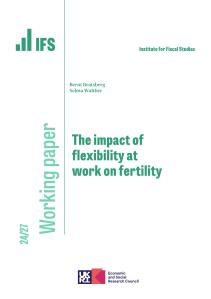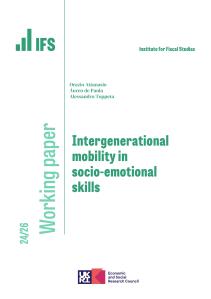Recent studies have explored the possibility that limited participation in asset markets, and the stock market in particular, might explain the lack of correspondence between the sample moments of the Intertemporal Marginal Rate of Substitution and asset returns. We estimate ownership probabilities to separate Ѭikely' shareholders from onshareholders, enabling us to control for changing composition effects as well as selection into the group. We then construct estimates of the IMRS for each of these different groups and consider their time series properties. We find that the consumption growth of shareholders is more volatile than that of non-shareholders, and more highly correlated with excess returns to shares. In particular, one cannot reject the predictions of the Consumption CAPM for the group of households predicted to own both assets. This is in contrast to the failure of the model when estimated on data for all households.











